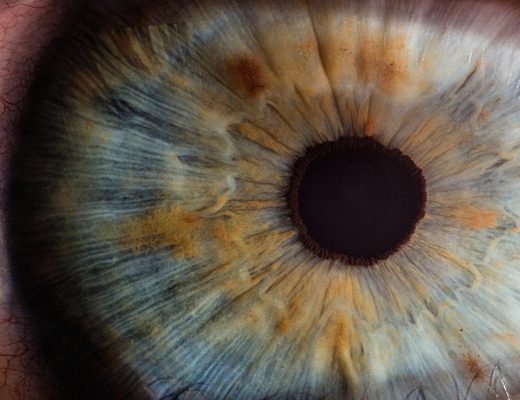If you’re suffering. If you’re unhappy about the presidential election. If you’re unhappy with your mate or your kids or your job – there’s really only one thing you need to do: look within. After all, who or what is unhappy?
This is the key to the whole thing, the lone pointer that is the gateway to the only ‘spiritual’ quest you’ll ever need to take: to look inward and find that entity who is so unhappy with the state of things.
Why does this inward search seem so difficult for so many? For the simple reason (and I speak from experience here) that the ‘I’ we seek gets mistaken for the thoughts floating into and out of our awareness. We mistake the mind for me – the whole Cartesian concept of “I think therefore I am.”
But if you take the time and really look, it becomes fairly obvious that we’re far more than our thoughts. Again, what is it that is aware of those thoughts? Do you disappear if there is a gap in thought? Take away oxygen and the body dies. Take away thought and, well, you’re still very much there.
Don’t take my word for it, see for yourself. Consider that most fundamental of human sentence-starters: “I think.” As in, “I think I’ll go for a swim” or “I think I’ll have a cheeseburger.”
We assume that the subject, I, thinks the thought – that I am the owner and creator of the thought. But is the equation really:
I >>> Thought
Or is it:
Thought >>> I
Do thoughts come and go of their own accord? Or are you busy picking and choosing which will emerge into awareness? Can you stop thinking until you’re ready to reengage? Can you predict what you’ll be thinking 10 minutes from now?
Clearly, the thought machine that for so long you mistook for ‘you’ doesn’t need any help from you nor do you have any ownership over it.
This is a profoundly important point. Yet the mind overlooks or ignores it precisely because the mind is the instrument running the show. The whole thing is one gigantic mistake in perception.
By who or what? THAT is what should bedevil ‘you’?
So, we mistake thoughts for ourselves and, naturally, the flavor of those thoughts dictates who or what we imagine ourselves to be. If the thought train running through the head is more or less positive, we claim to be happy. And vice versa.
The ‘awakened’ masters (aka Jesus of Nazareth, the Buddha, etc.) saw through this, and spent the remainder of their days attempting to demonstrate 9 through parable, koan, metaphor, etc., that we transcend mind and body. That we are so much more than what we mistake ourselves to be.
Again, don’t take my word for it. See for yourself.
Because truly, the only way any of us will ever discover such a truth for ourselves is to turn within and cease to obsess about the outside world – an outside world, mind you, which also includes our minds and bodies.
This is ‘my’ journey, anyway.




